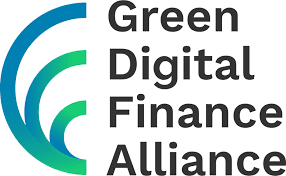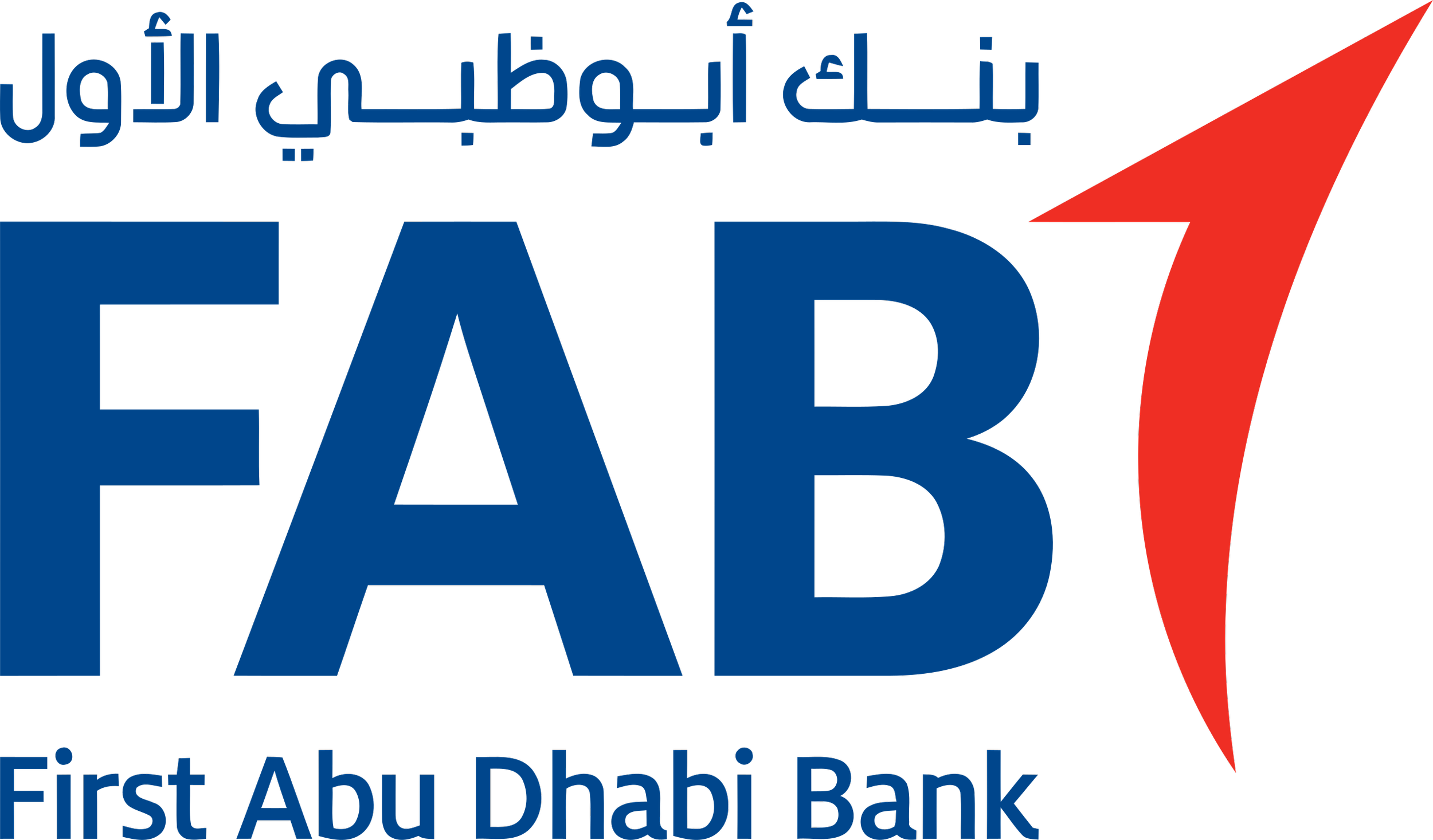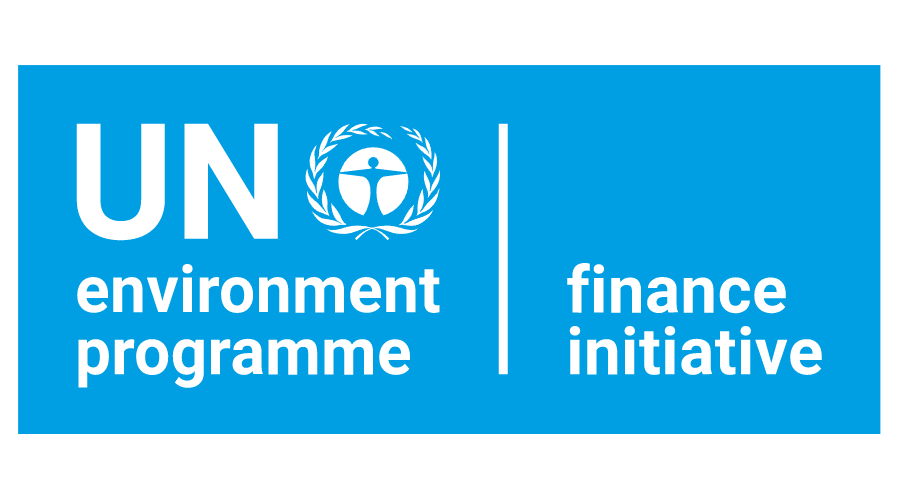
Climate Finance Catalyst Contest
The Good Transition for Banks: From Planning to Practice
Taking the transition to net zero from planning to practice
Strategise. Banking interfaces directly with the real economy and has the potential to accelerate the changes we will need to make in the years ahead to bring about a climate-safe world. To help banks in setting a course to the best version of a transition plan they can create, the Climate Safe Lending Network gathered input from a wide range of stakeholders to co-create The Good Transition Plan, launched in 2021 for COP26.
Plan. Since the publication of this strategy guide, we have curated a suite of free strategy tools to help guide discussions and decisions within banks (and between banks and their stakeholders) for developing a Good Transition Plan — a living document that is continuously updated with observations and insights from interactions with clients and stakeholders, and perceptions of emerging developments within society and the economy
Act. We believe the time has come for preparation – measurement, target-setting and transition planning – to be translated into real action. We are at a critical moment to transition the banking sector to net zero to prevent an irreversible systemic failure. That means practical interventions which will drive significantly better outcomes for everyone. It is with this in mind that we have launched the contest for practical ideas that will help banking institutions make the transition to a net zero future faster, further and fairer. In this contest we’ll be seeking innovative approaches to solving the complex challenges facing the transition of the banking sector to net zero. We want to find ideas, tools, strategies, and approaches that people in the sector can pick up and use to have an immediate impact.
The categories for the contest are:
Go Faster: practical ideas for supporting accelerated transition within banking institutions and their clients
Go Further: practical ideas for enabling finance for new and innovative solutions
Go Fairer: practical ideas for approaches that ensure a socially just transition for all
The Climate Finance Catalyst Contest Awards Showcase
London
14th March 2024
Transformational Ideas Found to Plug the Innovation Gap in Financial Institutions and Catalyse Climate Transition
CSLN announced the winning ideas of the inaugural Climate Finance Catalyst Contest, the first global search for breakthrough financial solutions to decarbonise the banking sector and real economy.
The Contest has been focused on finding promising ideas that can be developed into practical and tangible innovations and scaled up rapidly and effectively by banking and financial institutions. It is about moving the industry beyond disclosure, reporting and transition plans, as they are not enough to drive meaningful action on their own.
Together with our international partners, we are seeking to accelerate the winning ideas through the CSLN network over the course of 2024-25, working with leading financial institutions globally. The ambition is to pool sector expertise to incubate truly transformative ideas that can be developed, tested and implemented.
Prior to announcing the winners, we heard from a panel of climate finance experts on current trends and challenges in climate finance and what they find exciting about the winning ideas.
Panellists included:
David Carlin, Head of Climate Risk, UNEP FI
Emma Harvey-Smith, Chief of Staff, Green Finance Institute
Jaideep Prabhu, Professor, Cambridge Judge Business School, Innovation & International Business
Sandrine Dixson-Declève, Co-President, Club of Rome
Watch the brief video below for highlights of the evening!
Meet the 2024 Finalists and Honorable Mention
Submissions came from people and organisations across every continent, the majority of which were from people outside banking institutions, covering a range of innovation concepts:
Shifting Focus: From risk mitigation to building resilience and positive impact on climate and communities.
Data Transparency: Providing accessible and user-friendly data to inform decision-making, making optimum use of new tools including AI.
Collaboration: Seamlessly connecting stakeholders (financial institutions, businesses, consumers) to support sustainability goals.
Technology Integration: Utilising technology to streamline processes, reduce transaction costs and empower sustainable choices.
Financial Incentives: Creating financial mechanisms that promote sustainable practices, including mechanisms that flow through entire supply chains
GO FASTER Finalists
WINNER Atmos Financial: Financing Climate-Positive Activities for Communities:
Challenge: Climate-positive solutions like solar and electric vehicle adoption are inaccessible for communities; Difficult for community banks to offer competitive climate-focused loans
Solution & Potential Impact: Crowding in community lenders and using turnkey software that connects banks and vetted installers to offer lower-cost financing for climate-positive activities
Tilt / Theia Finance Lab: Enabling Banks to Assess the Sustainability of SMEs:
Challenge: Scarcity of climate and sustainability data for SMEs limits banks ability to assess their sustainability
Solution & Potential Impact: Using open-source software that generates sustainability profiles for SMEs, enabling banks to support their transition and manage climate risks, specifically applied to companies in transition offering incentivised loan structures to meet transition goals
Banyan Infrastructure: Streamlining Sustainable Infrastructure Investment:
Challenge: Time-consuming, manual project finance processes are hindering investment and adding cost and delays unnecessarily for sustainable infrastructure projects
Solution & Potential Impact: Specialist project finance software platform - automating complex tasks, increasing deal velocity and reducing costs for financing sustainable infrastructure projects
GO FURTHER Finalists
WINNER EPR2: Energy Rights Development for Accelerating Cleantech Deployment
Challenge: Complexities and limitations of existing sustainable finance options hinder commercial solar adoption. Often the benefits of new clean innovation are too long term for many property owners and accrue to the building users –the principal-agent problem
Solution & Potential Impact: "Energy rights development" - a common-law solution based on a real estate sector approach, facilitating cleantech deployment by separating out energy rights from land & property. Clean projects are 100% funded by EPR² and the Owner is separated from all capital, maintenance, and technology risks. An experienced and qualified 3rd Party contractor develops and runs the project. Can provide better loan terms, have a positive impact on value-at-risk, offer long-term payment agreements and address the ‘split incentive’ issue for clean energy development (like solar). Targeted at commercial property owners, project developers, and investors, this idea could address the principal-agent dilemma; unlocking a $15 trillion+ cleantech industry globally, and addressing climate through real estate approaches without legislative changes required.
Ontoly Carbon: Top-up Finance Carbon Credits: Unlocking Building Electrification with Affordability Analysis
Challenge: High upfront costs and limited financial support holds back the widespread adoption of heat pumps, stalling progress in the electrification of buildings.
Solution & Potential Impact: A novel approach using affordability analysis to identify the exact financial "top-up" needed for individual building owners to make heat pump installations financially feasible – linking that additional payment and the associated additionality of climate action to the carbon credit markets. Can enable faster building electrification rates, significant emissions reductions, and a just transition for low-to-middle-income people.
Symbaiosys: Web-App for Valuing Nature-Based Solutions (NbS)
Challenge: Nature's co-benefits are unpriced and not integrated into financial decision-making, leading to underinvestment in NbS despite their potential for climate change mitigation and financial gains.
Solution & Potential Impact: A web-app providing geospatial data on the monetary value of ecosystem services and their link to climate-related financial risks and benefits enabling nature-based valuation. Can connect borrowers with Nature-based solutions projects, and introduces a new lending market focused on ecological regeneration. Bridges the nature-regeneration financing gap by internalising the value of natural capital.
GO FAIRER Finalists
WINNER PRE-Fin Assessment for Climate Resilience and Equity:
Challenges: Historically, there has been a gap in the assessment of resilience issues by banks when considering risk mitigation. There has been a lack of holistic design, inconsistent definitions, and it has proven difficult to connect projects to funding. Understanding resilience can be especially important when considering finance for new developments so that these insights can be “designed in.”
Solution & Potential Impact: A beta-tested assessment tool has been trialed by a number of CDFIs in the US - evaluating projects on their "return on resilience value" and cascading benefits for vulnerable communities. Financial institutions using the tool have interacted with property developers who subsequently incorporated sustainability and resilient design principles into their approach
Nobon: disintermediating carbon project development to benefit communities
Challenge: Complex carbon project development in Africa that restrict benefit to local communities
Solution & Potential Impact: Offers a lean digital platform to connect project developers with financing options, increasing efficiency and cutting out a lot of intermediation which often extracts a lot of value (often leaving communities with <10% of the value that they are creating). Could increase the share of carbon credit investments that go to local communities.
California Housing Development Corporation (CHDC): Driving Clean Assistance Program (DCAP) – locally blended finance with education
Challenge: Lack of sufficient financial assistance for low-income residents to purchase clean electric vehicles
Solution & Potential Impact: Offers financial coaching and loans at an affordable fixed rate. Combines various grant programs and partnerships with manufacturers and local CDFIs to provide a blended finance package with consumer education for communities. Aims to eliminate predatory lending practices and unlock adoption of low carbon transport.
Honorable Mention (All Categories)
Supply Chain Finance
Koaloo.Fi: Reinventing Supplier Financing for ESG Transformation
Challenge: Difficulty collecting ESG data from suppliers and a misalignment between ESG goals and procurement strategies hinder ESG transformation.
Solution & Potential Impact: A holistic approach with a win-win "virtuous ESG circle" for corporates, suppliers, and banks. Leverages the advantages of lending to larger corporates to help them channel finance throughout the ecosystem of SMEs in their supply chain. Can integrate with existing systems, align ESG scoring with buyer strategies, provide dynamic pricing for supplier financing, and support banks' green lending efforts. Provides incentives and tracking of performance against impact improvement targets throughout a customer’s supply chain
Green Fee System for Banking Sector Decarbonization
Challenges: Insufficient incentives for motivating sustainable business practices within a company’s supply chain; Difficulty tracking supply chain emissions
Solution & Potential Impact: A green fee system that is charged on incoming payments and used to subsidise loans for companies demonstrating emission reduction efforts, including those in their supply chain.
More accessible sustainability data
Ample: Democratizing Sustainability Data for Consumers
Challenges: Greenwashing, complex ESG data, and lack of consumer-friendly metrics disempower consumers when it comes to sustainable purchase decisions
Solution & Potential Impact: Empowering consumers to make informed sustainable purchasing decisions through brand-level sustainability ratings based on comprehensive data points across environmental and social impact
The Sofa Activist (TSA)
Challenge: Individuals lack tools to easily identify their sustainability preferences for investment, and financial advisors struggle to comply with regulations requiring them to consider such preferences.
Solution & Potential Impact: An app with gamified surveys to help individuals reflect sustainability preferences. Can empower individuals to make sustainable investments, help advisors comply with regulations, and redirect capital towards sustainable activities. Can increase individual and advisor engagement with sustainable investing. Is globally applicable with potential for expansion beyond financial professionals.
Acceleration/Education
Exploring Sustainable Futures Game
Challenge: Financial institutions lack the necessary skills and understanding to navigate the complexities of climate change and transition to a net-zero economy.
Solution & Potential Impact: A role-playing learning experience that simulates a sustainable future and the challenges and opportunities for different stakeholders. Encourages systems thinking, collaboration, and leadership development. Can equip financial professionals with the skills and knowledge to manage climate-related financial risks and contribute to a just transition.
Banking Sector Net Zero Transition Accelerator (BNETZA)
Challenge: Banks struggle to transition to a net-zero economy due to difficulties in climate risk assessment, supporting sustainable investments, and aligning strategies across clients.
Solution & Potential Impact: BNETZA is a toolkit with three components: climate risk assessment framework, transition-ready financial product catalogue, and interactive net zero roadmap planner. Can equip banks with tools for informed decision-making, risk mitigation, and client support, accelerating the transition to a net-zero economy. Could contribute to systemic changes across markets and sectors, influencing industry-wide climate strategies.
If you’d like to learn more about any of the ideas, or explore getting in touch with someone, reach out to us.
Judges
Ben Caldecott Director, Oxford Sustainable Finance Group and the Lombard Odier Associate Professor of Sustainable Finance, University of Oxford; Director, UK Centre for Greening Finance & Investment
David Carlin Head of Climate Risk and TCFD, United Nations Environment Programme Finance Initiative (UNEP FI); Founder, Cambium Global Solutions; Senior Associate, Cambridge Institute for Sustainability Leadership (CISL)
Sandrine Dixson Decleve Co-President, Club of Rome
Wendy Dobson Senior Managing Director, Head Sustainability and ESG, Financial Services, FTI Consulting
John Elkington Founder & Chief Pollinator, Volans
Nili Gilbert Chair, Advisory Panel, GFANZ; Vice Chairwoman, Carbon Direct
Jesse Griffiths CEO, Finance Innovation Lab
Emma Harvey-Smith Programme Director, Green Finance Institute
Dr. Gillian Marcelle CEO, Resilience Capital Ventures
James Niven Chief Operations & Programme Officer, Global Alliance for Banking on Values (GABV)
Jaideep Prabhu Professor, Judge Business School, University of Cambridge
Partners
Sue Reid Climate Finance Advisor, Global Optimism
Nick Robins Professor in Practice for Sustainable Finance, London School of Economics (LSE)
Sofia Santos Sustainability Champion in Chief, Systemic
Gerritt Sinderman Deputy Executive Director, Green Digital Finance Alliance
Chris Skinner Author and Commentator
Peter Sweatman Chief Executive, Climate Strategy & Partners
Simon Thompson Chair, UK Sustainable Finance Education Centre; CEO, Chartered Banker Institute
Nigel Topping Global Ambassador, UN Climate Change High Level Champion
Helena Vines Fiestas Chair, EU Platform on Sustainable Finance, European Commission; Member, Climate and Environment Advisory Council, European Investment Bank (EIB); Commissioner, Spanish Financial Markets Authority, Comisión Nacional del Mercado de Valores (CNMV)
Linda Zeilina-Cross CEO, International Sustainable Finance Centre (ISFC)
FAQ
-
Anyone can enter, regardless of:
Geography Anyone can apply from anywhere in the world. We are cognisant of addressing biases that would favour any one geography over another.
Sector You do not need to be a finance professional or expert. We want ideas from students, to finance professionals to academics.
Group affiliation We accept entries from individuals, groups or organisations
-
Gain recognition among industry leaders – Our judges are some of the most well-known names in the world of green finance and being recognised by them is a true sign of your idea’s potential.
Gain publicity – With the entrant’s permission, shortlisted and winning entries will be published via CSLN social channels and the prestigious judges will be sharing the posts too
Be part of the solution – This is not just about recognising great ideas, it is about implementing them. Through entering these awards, you have the potential to make a real difference to the sustainability of the finance industry
Climate Safe Lending Network and its partners will be seeking to accelerate winning ideas through our networks over the course of 2024-25 working with leading financial institutions globally. We will be excited to work with finalists and winners on giving global momentum in implementing their ideas.
-
No. There is no entry fee.
-
Submissions to the Climate Finance Catalyst Contest can be made through the Typeform application on above. A simple application form is to be completed by applicants and involves describing the solution they are proposing along with descriptions on innovative approaches, scalability, and targeted systemic impact.
-
We fully recognise that there can be a blurry line between an idea in concept phase and something that is being implemented to some degree but is still early-stage. We’re very happy to have ideas which have been tested out to some degree so that there is evidence that they can work. We’re just wanting to differentiate those from widely-implement mechanisms like a ‘green bond’ which would be commonplace across the mainstream market. And it might be that the innovation is an important qualitative upgrade to an existing mechanism rather than an entirely novel concept.
-
This contest is about getting the most promising ideas out into the world. However if there is proprietary IP (say, in relation to technology being used) then this will not need to be compromised in order to judge the idea.
-
Submissions are reviewed by on a rolling basis as they are submitted. Proposals will be reviewed by the team at the Climate Safe Lending Network in collaboration with the judges. Proposals will be blind reviewed by at least two reviewers and judges and rated on a scale of 1-10 in each of the three main criteria for evaluation:
Innovation & Relevance (x/10) Does the approach demonstrate creativity in relation to the specific challenge and contribute to a visible direct impact in the financial and banking sector (to make transition go faster/ further/ fairer)?
Scalability (y/10) Is the approach practical and feasible and have the potential to be scaled up for use by a wider audience in the financial and banking sector?
Systemic Impact (z/10) Does the approach go beyond ‘incremental’ improvement and have the potential to transform business models in banks and financial institutions and positively influence the transition at a systemic level to go (faster/ further/ fairer)?
-
The deadline for entries is 12th January 2024 0.00GMT.
Shortlist will be announced on 29 January 2024.
Final winners will be confirmed at an event in March 2024.
Still have questions?





.png)